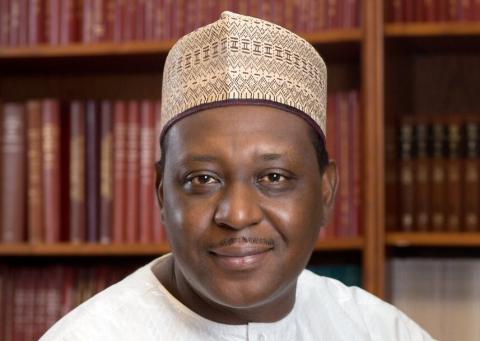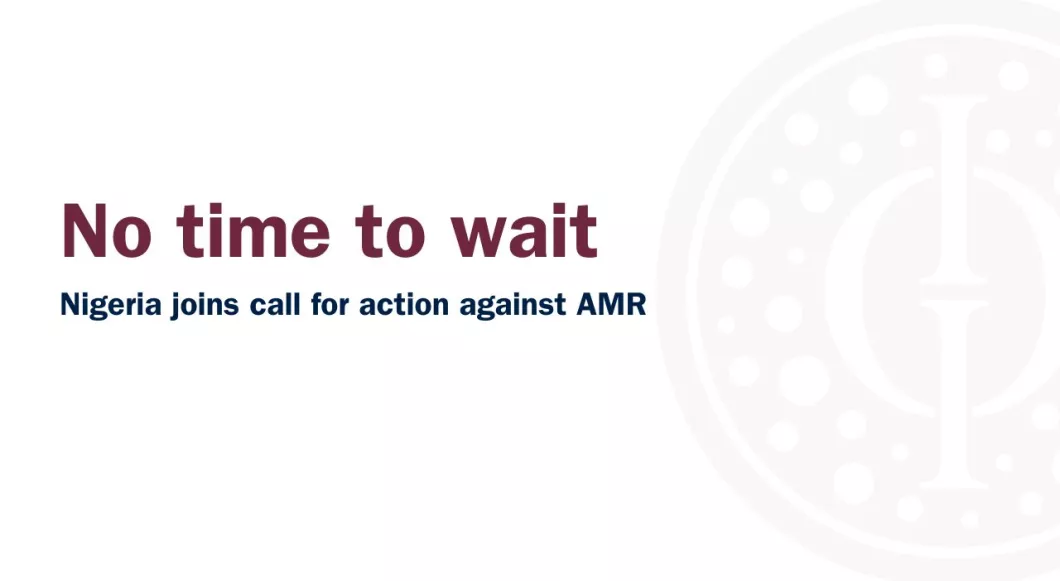Coordinating Minister of Health and Social Welfare for the Federal Republic of Nigeria Prof Muhammad Ali Pate discusses key priorities for Nigeria in the lead up to the UN High Level Meeting on AMR in September.
In a conversation with Prof Tim Walsh, Director of Biology at the Ineos Oxford Institute for antimicrobial research, Prof Pate highlighted three key areas of priority for Nigeria to tackle the growing public threat of antimicrobial resistance (AMR).
Laboratory and scientific capabilities: Without adequate diagnostic-testing facilities across the country, it is not possible to determine the prevalence of antimicrobial-resistant infections, and their burden on human and animal health. Putting in place effective local policies to tackle the threat of AMR is difficult without evidence to inform action.
Public awareness: Public understanding of AMR, and the relationships between human, animal and environmental health is currently very low. Improving knowledge of responsible antibiotic use among healthcare professionals is a priority to slow the spread of AMR. Prof Pate also spoke of the importance of global investment in developing new antimicrobials, to get ahead of the threat of AMR.
Global collaboration and investment: Global collaboration and knowledge-sharing is another key priority for Nigeria. Prof Pate hopes that the UN High Level Meeting on AMR will be a chance for countries to learn from each other. He also emphasised the need for an investment strategy which allows countries with fewer resources to increase their surveillance and diagnostic capabilities.
We need research into new antimicrobials to deal with the issues because we know that we’re playing catch-up. While we’re improving how we’re using existing antibiotics and preventing new emergence of resistance in pathogens, we also need to be ahead of the game. Because there is a limit to how much we can blow through the existing antimicrobials over time.

Reflecting on his conversation with the minister, Prof Tim Walsh said: “We are fortunate enough to be working in Nigeria; thereby, allowing us to have access to Minister Pate. It was an honour and a privilege to have the opportunity to talk to him and attest to the issues, hurdles and potential solutions to tackle AMR in Nigeria. Evidently, access and supply chain are key issues which is a pertinent and critical message to take to UNGA High-Level Meeting on AMR. We will continue to work with the minster, his colleagues and the Nigerian hospitals in our network to support their efforts in assessing the key issues around AMR and what interventions will mitigate their spread.”
Learn more about the work being done at the IOI to improve global burden and surveillance of AMR.

